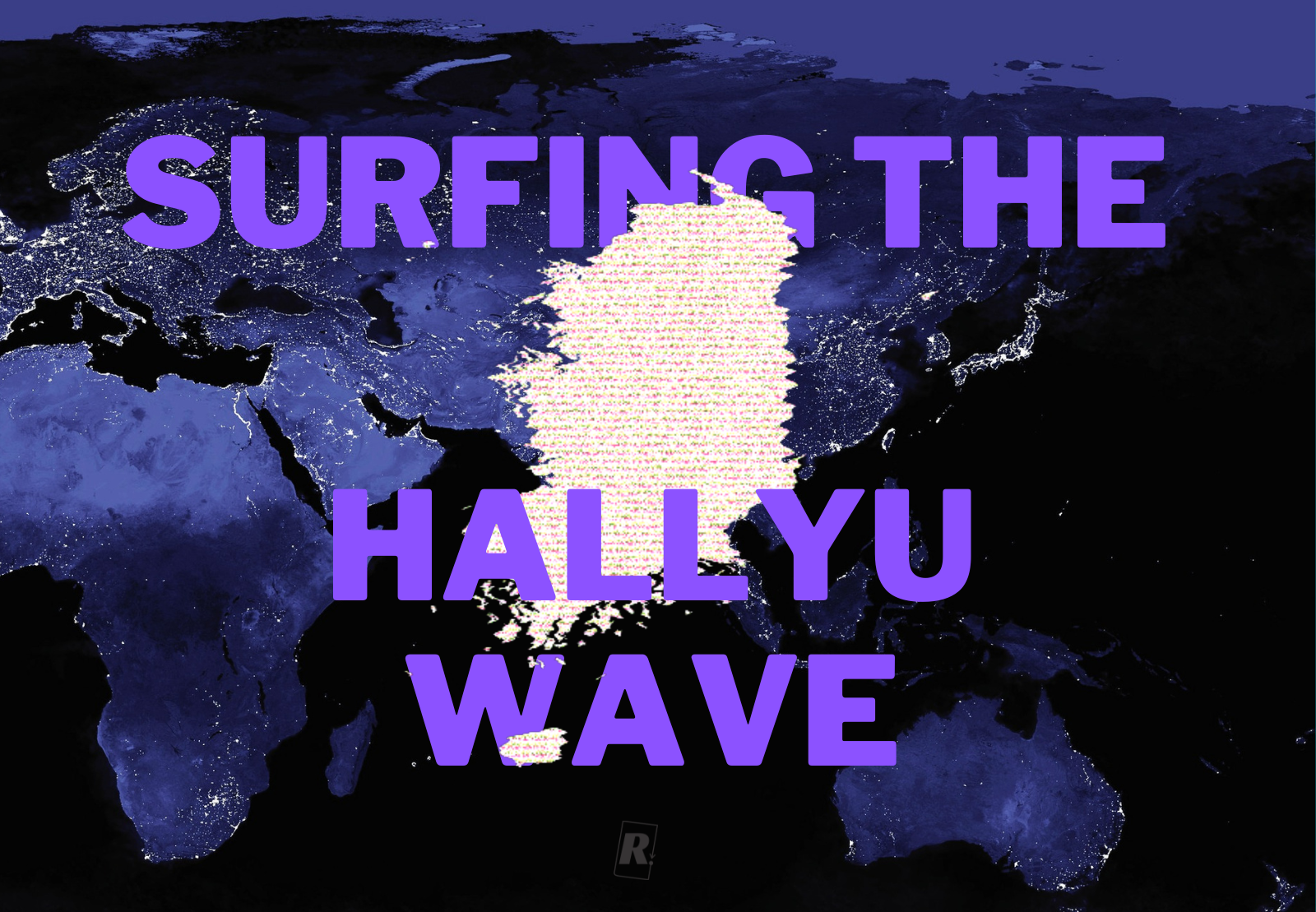Surfing The Hallyu Wave If you are familiar with the terms Sarangheo and Oppa and constantly find yourself throwing finger hearts to people around you or even vibing to Psy’s sensational 2012 hit “Gangnam Style”, then you have either knowingly or unknowingly but undoubtedly ridden the unstoppable Hallyu wave, which has made its way relentlessly across the globe over the last few decades. Through movies like Parasite (2019), Netflix shows like Squid Game (2021) and K-pop artists like BTS, this cultural wave has managed to cement South Korea’s position as a major soft power, thereby elevating the global standing of the country, its people and culture, especially over the last couple of years. However, in order to comprehend this wave, it is essential to understand its anatomy and what it comprises. This wave can be broken down into Korean Dramas (K-dramas), K-pop, Manwhas and films, with K-pop functioning as the crest of the Hallyu Wave, paving the path for its other components to make a cultural impact on an international level.
Groups like BTS, with their fanbase spanning all age groups and races, all over the world, have further boosted the prominence of K-pop, Korean as a language and their culture. This boyband specifically, comprising RM, Jin, Suga, J-Hope, Jimin, V and Jungkook, has managed to bring international recognition to K-pop and Korea’s culture, ushering both tangible and intangible gains to the country, so much so that they have been deemed as “National treasures” of South Korea. K-dramas such as Squid game (2021), Crash Landing on You (2019), It’s Okay Not to Be Okay (2020) and Boys Over Flowers (2009), among others, have also contributed to the ever- growing global interest in everything “K”.
One may wonder why it is important to talk about the Hallyu wave and matters associated with it, as it still hasn’t fully penetrated global culture and perceptions yet. However, at this juncture, it is imperative to acknowledge the fact that the Hallyu wave has initiated a process of a much- needed cultural reset on a global scale, which is a feat that hasn’t been achieved by any Asian country in history yet, at least not to this extent. The closest an Asian country has come, at least in entertainment, is Japan, with its Anime and Mangas stirring Western interest in Eastern culture. The intrigue that western audiences have developed pertaining to Korean culture has heavily influenced people’s fashion choices, food preferences, lifestyle choices, etc. A lot of “K” related practices have now become “trendy” and are among the current “in things”- for example, Korean skincare, Korean fashion, Korean make-up and Korean food, among other things.
The impact that the Hallyu wave has had on altering the preconceived and biased notions the West has had about the East since time immemorial is monumental. These notions have transitioned, to a certain degree, from a negative outlook to a positive one. This cultural reset is not just crucial for the diversification of the world’s cultural perspective but plays an even more significant role in the fight against racism towards East Asians. America as a soft power, which hasn’t seen a contender as powerful as itself for decades, is now threatened by the arrival of the Hallyu wave. The onset of this “K” wave closely resembles the beginning of the spread of American culture during its early stages of being a soft power. Despite producing content in a language that is not English, the global consumption of Korean movies, dramas, and music is mind-boggling yet phenomenal. But the question is, how big can this wave get, and how long will it last? Only time will tell.
What's Your Reaction?
Want to get featured. Send your work to submit@thereplaymag.com




